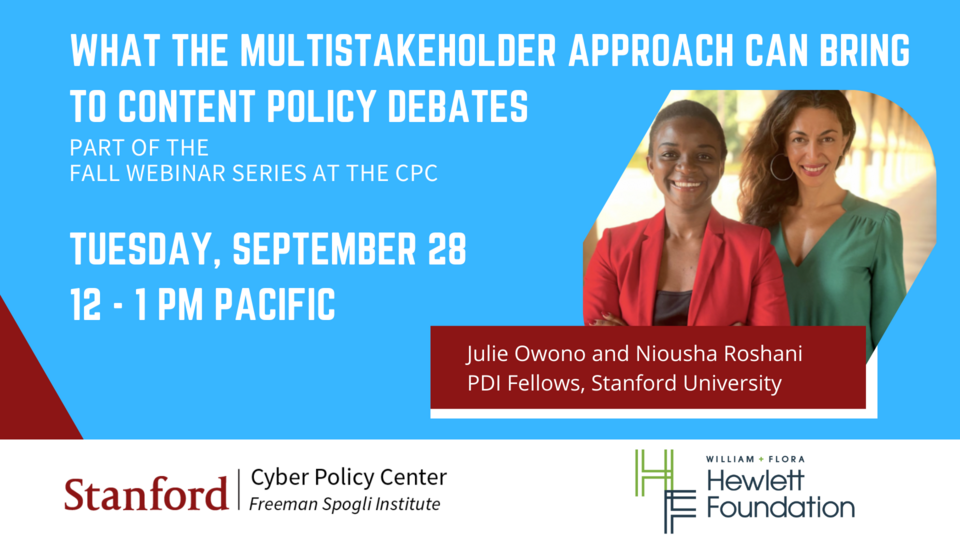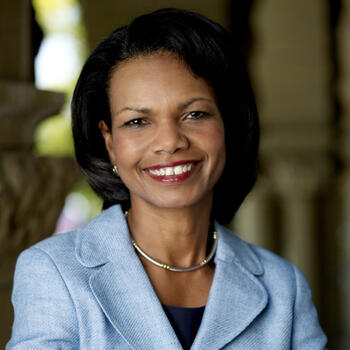Hiding in Plain Sight: How China Builds and Exercises Military Power, 1995-2020
All CISAC events are scheduled using the Pacific Time Zone.
SEMINAR RECORDING
About the Event: How do rising powers like China manage to build power in international systems dominated by one or more established great powers? International relations theory provides some answers, but most assume emulation of successful approaches. This paper leverages the established business literature on how new companies gain market share in markets dominated by established companies to develop a new theory of power accumulation. I argue that only under very narrow circumstances can rising powers build power and influence through emulation. Instead, China has built enough power over the past 25 years to be considered a great power competitor by doing things differently. Specifically, it exploits US blind spots, maneuvers in areas of strategic uncertainty and engages in entrepreneurial actions. I demonstrate that Chinese military strategy exhibits these components in its responses to key pillars of US foreign policy strategy like global power projection, foreign military intervention, and in conventional and nuclear posture decisions. The findings have significant implications for great power competition as well as for power transition theory.
About the Speaker: Oriana Skylar Mastro is a Center Fellow at the Freeman Spogli Institute for International Studies at Stanford University where her research focuses on Chinese military and security policy, Asia-Pacific security issues, war termination, and coercive diplomacy. She is also Non-Resident Senior Fellow at the American Enterprise Institute and an inaugural Wilson Center China Fellow. She continues to serve in the United States Air Force Reserve for which she works as a strategic planner at INDOPACOM. For her contributions to U.S. strategy in Asia, she won the Individual Reservist of the Year Award in 2016. She has published widely, including in Foreign Affairs, International Security, International Studies Review, Journal of Strategic Studies, The Washington Quarterly, The National Interest, Survival, and Asian Security. Her book, The Costs of Conversation: Obstacles to Peace Talks in Wartime, (Cornell University Press, 2019) won the 2020 American Political Science Association International Security Section Best Book by an Untenured Faculty Member. She holds a B.A. in East Asian Studies from Stanford University and an M.A. and Ph.D. in Politics from Princeton University. Her publications and other commentary can be found on twitter @osmastro and www.orianaskylarmastro.com.
Virtual only.
Oriana Skylar Mastro
Stanford CISAC
Stanford University
Encina Hall
Stanford, CA 94305-6055
Oriana Skylar Mastro is a Center Fellow at the Freeman Spogli Institute for International Studies and Courtesy Assistant Professor of Political Science at Stanford University, where her research focuses on Chinese military and security policy, Asia-Pacific security issues, war termination, and coercive diplomacy. She is also a nonresident scholar at the Carnegie Endowment for International Peace and a member of the Council on Foreign Relations. She was previously an assistant professor of security studies at Georgetown University. Mastro continues to serve in the United States Air Force Reserve, for which she currently works at the Pentagon as Deputy Director of Reserve Global China Strategy. For her contributions to U.S. strategy in Asia, she won the Individual Reservist of the Year Award in 2016 and 2022 (FGO).
She has published widely, including in International Security, Security Studies, Foreign Affairs, the Journal of Strategic Studies, The Washington Quarterly, the Economist, and the New York Times. Her most recent book, Upstart: How China Became a Great Power (Oxford University Press, 2024), evaluates China’s approach to competition. Her book, The Costs of Conversation: Obstacles to Peace Talks in Wartime (Cornell University Press, 2019), won the 2020 American Political Science Association International Security Section Best Book by an Untenured Faculty Member.
She holds a B.A. in East Asian Studies from Stanford University and an M.A. and Ph.D. in Politics from Princeton University.
Her publications and commentary can be found at orianaskylarmastro.com and on Twitter @osmastro.











